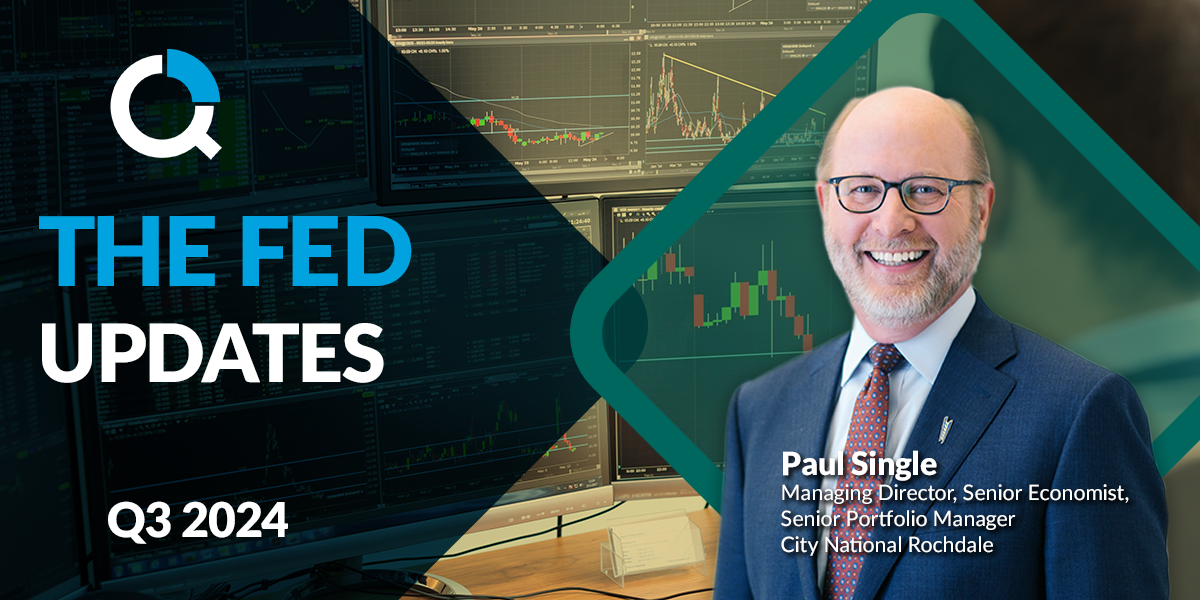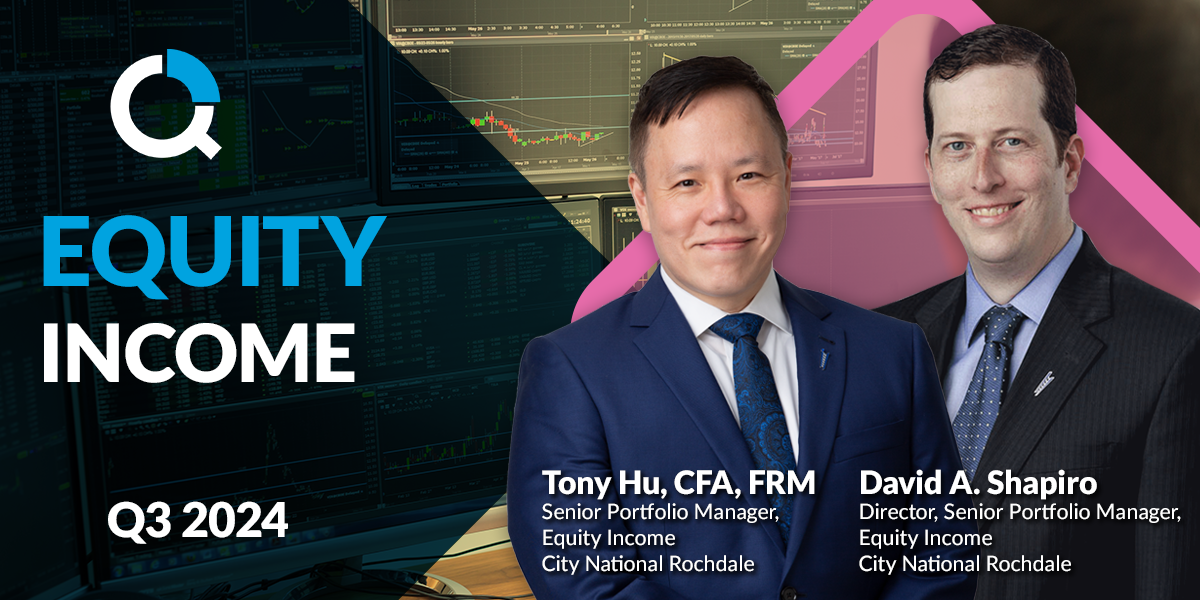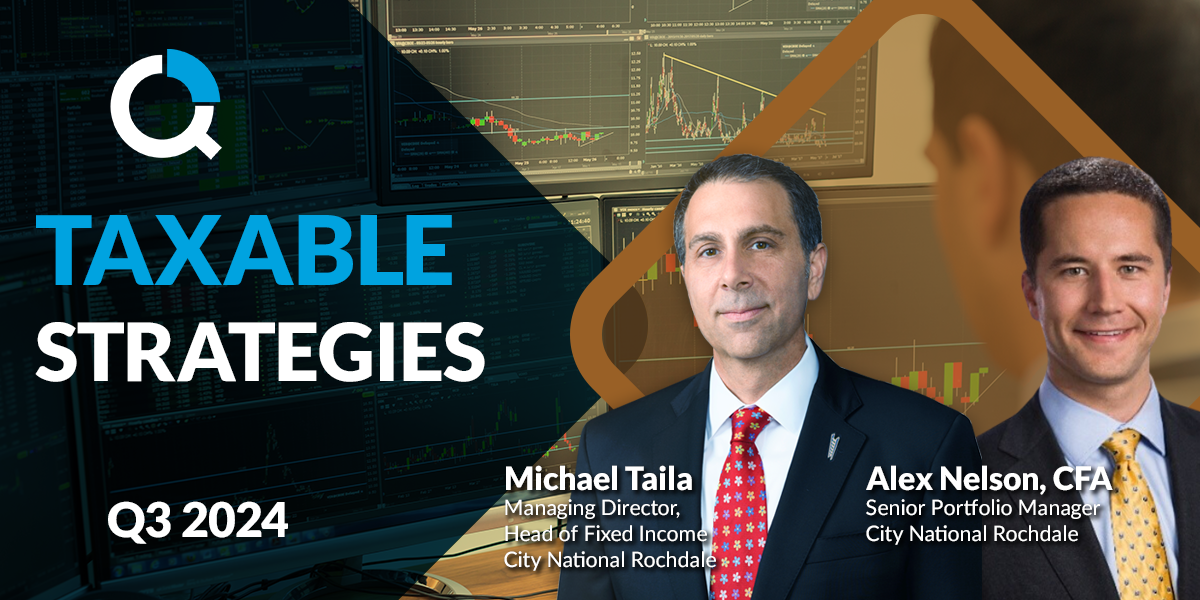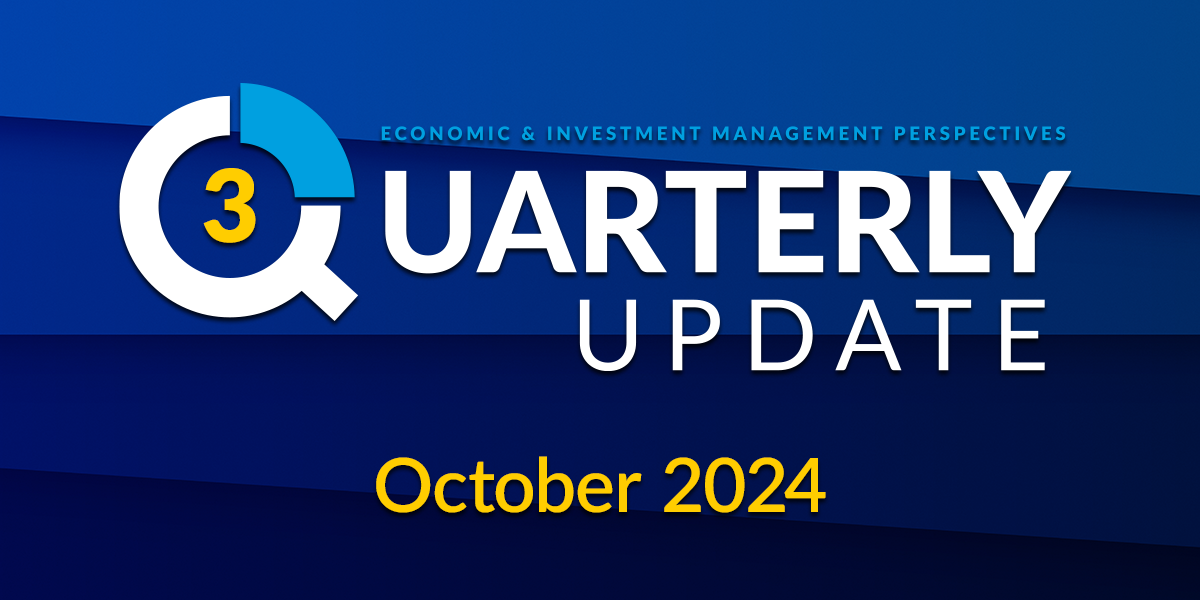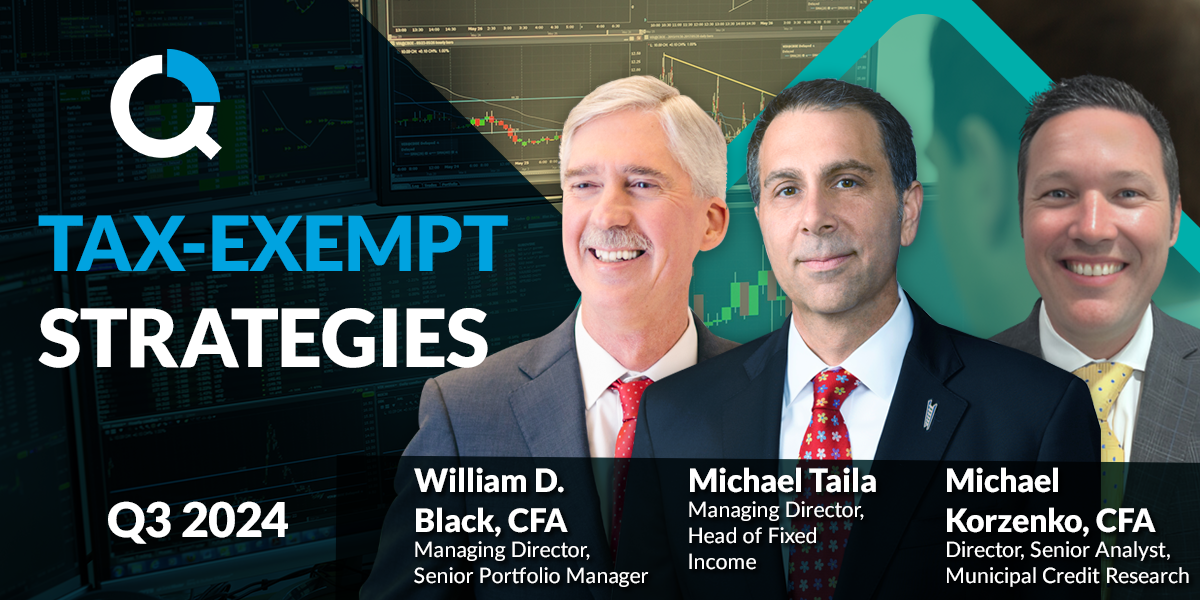
The Fed: The Fed Has Its Work Cut Out for Itself
Key Points
- Growth last year was 3.1%, well above the trend rate of 2.0% to 2.5%. Many elements have offset the Fed’s restrictive policy.
- The lower pace of borrowing should produce less spending.
The Federal Reserve is in a challenging situation right now. Despite quickly raising the federal funds rate 525 basis points in a little over a year to 5.375%, to a level generally deemed very restrictive, economic growth has yet to show signs of slowing. Growth last year was 3.1%, well above the trend rate of 2.0% to 2.5%, with most of that growth coming from household spending (68%). This continued demand has kept pressure on inflation, helping to prevent inflation from declining toward the Fed’s goal of 2.0% (see chart 1).
Chart 1: CPI
% change y-o-y, seasonally adjusted
Source:Bureau of Labor Statistics, March 2024
Information is subject to change and is not a guarantee of future results.
Although the federal funds rate is a powerful monetary policy tool used by the Fed to adjust the pace of economic growth, many elements in the economy have offset the Fed’s restrictive policy. The strength in labor gains (almost 3 million people have been hired in the past 12 months; anything above 2 million in a year is considered strong) and wage increases have provided households with income that is growing faster than inflation that is available for spending. The rallying stock market and home values (see chart 2) have created additional wealth for households. With its sizeable annual deficit, the federal government has offered more economic stimulus. With its enormous balance sheet derived from its quantitative easing, the Fed increased bank reserves, helping to make bank loans more acceptable for borrowers.
Chart 2: Change in the Value of Assets
% cummulative change since recession end (April 2020)
Source: S&P Dow Jones Indices, S&P/Case-Shiller, as of March 2024.
Information is subject to change and is not a guarantee of future results.
Despite all that offsetting stimulus to the high level of interest rates, it appears the increases in interest rates are beginning to take their toll on the economy. Consumers have been increasingly complaining about the high-interest rates on loans. This has helped reduce the demand for credit, which has been declining for well over a year. The growth rate in the first quarter was just a 2.9% annual rate, which is about the same pace as last year’s 2.3% but well below the 2022 pace of 11.9%, and the multi-decade average is 8.2%.
The lower pace of borrowing should produce less spending, helping to reduce inflationary pressures and allow the Fed to lower interest rates in the year’s second half.
Important Information
The views expressed represent the opinions of City National Rochdale, LLC (CNR) which are subject to change and are not intended as a forecast or guarantee of future results. Stated information is provided for informational purposes only, and should not be perceived as personalized investment, financial, legal or tax advice or a recommendation for any security. It is derived from proprietary and non-proprietary sources which have not been independently verified for accuracy or completeness. While CNR believes the information to be accurate and reliable, we do not claim or have responsibility for its completeness, accuracy, or reliability. Statements of future expectations,estimates, projections, and other forward-looking statements are based on available information and management’s view as of the time of these statements. Accordingly, such statements are inherently speculative as they are based on assumptions which may involve known and unknown risks and uncertainties. Actual results, performance or events may differ materially from those expressed or implied in such statements.
All investing is subject to risk, including the possible loss of the money you invest. As with any investment strategy, there is no guarantee that investment objectives will be met, and investors may lose money. Diversification may not protect against market risk or loss. Past performance is no guarantee of future performance.
There are inherent risks with equity investing. These risks include, but are not limited to stock market, manager, or investment style. Stock markets tend to move in cycles, with periods of rising prices and periods of falling prices.
There are inherent risks with fixed income investing. These risks may include interest rate, call, credit, market, inflation, government policy, liquidity, or junkbond. When interest rates rise, bond prices fall.
City National Rochdale, LLC, is a SEC-registered investment adviser and wholly owned subsidiary of City National Bank. Registration as an investment adviser does not imply any level of skill or expertise. City National Bank and City National Rochdale are subsidiaries of Royal Bank of Canada. City National Bank provides investment management services through its subadvisory relationship with City National Rochdale, LLC.
Index Definitions
S&P 500 Index: The S&P 500 Index, or Standard & Poor’s 500 Index, is a market-capitalization-weighted index of 500 leading publicly traded companies in the US It is not an exact list of the top 500 US companies by market cap because there are other criteria that the index includes.
The Dow Jones Industrial Average (DJIA) is a stock market index that tracks 30 large, publicly-owned blue-chip companies trading on the New York Stock Exchange (NYSE) and Nasdaq.
The Case-Shiller Index, formally known as the S&P CoreLogic Case-Shiller U.S. National Home Price NSA Index, is an economic indicator that measures the change in value of U.S. single-family homes on a monthly basis.
Non-deposit investment Products are: • not FDIC insured • not Bank guaranteed • may lose value
© 2024 City National Rochdale, LLC.
Stay Informed.
Get our Insights delivered straight to your inbox.
More from the Quarterly Update
Put our insights to work for you.
If you have a client with more than $1 million in investable assets and want to find out about the benefits of our intelligently personalized portfolio management, speak with an investment consultant near you today.
If you’re a high-net-worth client who's interested in adding an experienced investment manager to your financial team, learn more about working with us here.

